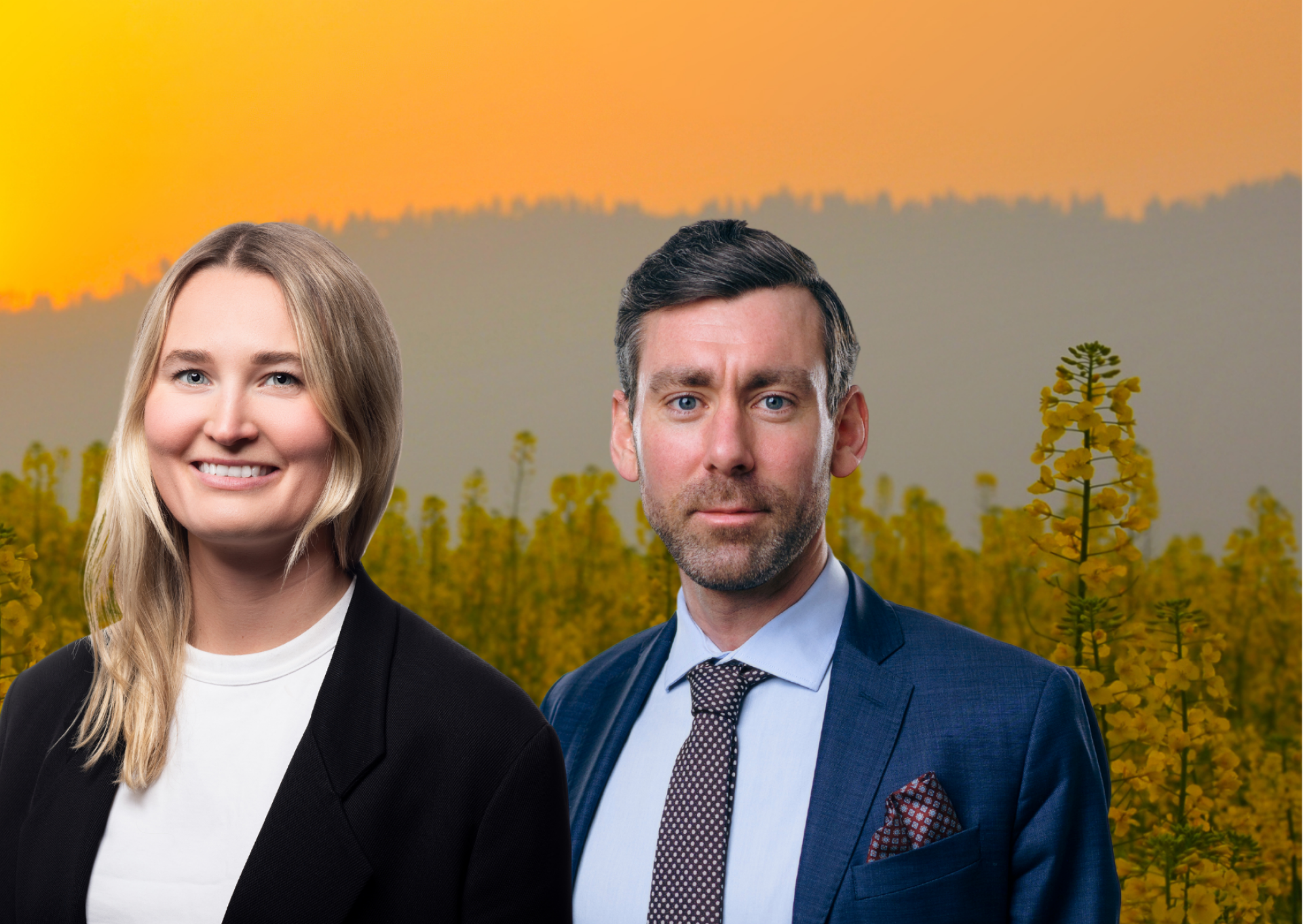Inrego met with Karin Nilsson and Marcus Wangel, experts in environmental policy from the Confederation of Swedish Enterprise, to discuss green transition, critical raw materials, and the circular economy within IT.
During a press conference, Prime Minister of Sweden, Ulf Kristersson, recently emphasized that "Precision is a virtue, but speed is also one." If we can't be both precise and fast, we risk losing the fight for a sustainable future. But how can a quick and efficient transition be implemented without drastically reducing the standard of living we enjoy today?
“At its core, it’s about streamlining and optimizing resource extraction. How can we use the materials we extract most effectively?” says Marcus Wangel. “We will need enormous amounts of metals and minerals for our energy supply. Therefore, it’s important that we prioritize and not waste new materials on things that could work just as well with recycled ones—such as our IT products! In IT, circularity is an easy step toward efficient resource utilization.”
Karin Nilsson agrees: “Any use of resources that can be done with recycled materials will reduce the pressure on biodiversity loss and the climate. Thinking resource-efficiently is very much about risk minimization and securing your resources.”
Not using new metals for something that could be reused should be given. But if products are thrown away or stored instead of being returned, resold, or otherwise given a chance to be reused, it becomes an impossible equation to solve. Inrego recently published a study on how Sweden’s municipalities handle their excess IT. It showed that around 80 percent have no contracted take-back system. And according to a study of 1,800 IT decision-makers, conducted by Mantap Global on behalf of Dustin, only half of Nordic companies ensure that their IT is reused or recycled.
Earlier this year, the Confederation of Swedish Enterprise released a report on how Sweden can become more circular. It highlights the importance of political leadership, incentives, and policies for circular business models, as well as favorable market conditions, entrepreneurship, and research in the circular economy.
“We need to retain the value of products, materials, and resources in the economy for as long as possible, while minimizing waste generation. Both resource efficiency and economic growth can be combined with a market-driven circular economy and are therefore crucial for long-term sustainable development,” says Marcus.
Both experts agree on that the change needs to happen at the management level. “Only if these ideas are implemented in boards and top management can we gain support for sustainability. Leaders must start thinking so that they first consider whether the organization's needs can be met by reused products. The mindset needs to shift regarding everything from office supplies to IT,” he concludes.
Do you also want to contribute to sustainable development in all three dimensions—environmental, social, and economic? By selling your used IT to us, you ensure that all information on the devices is erased while contributing to sustainable and resource-efficient consumption and production. Take the step into the circular IT economy today.

